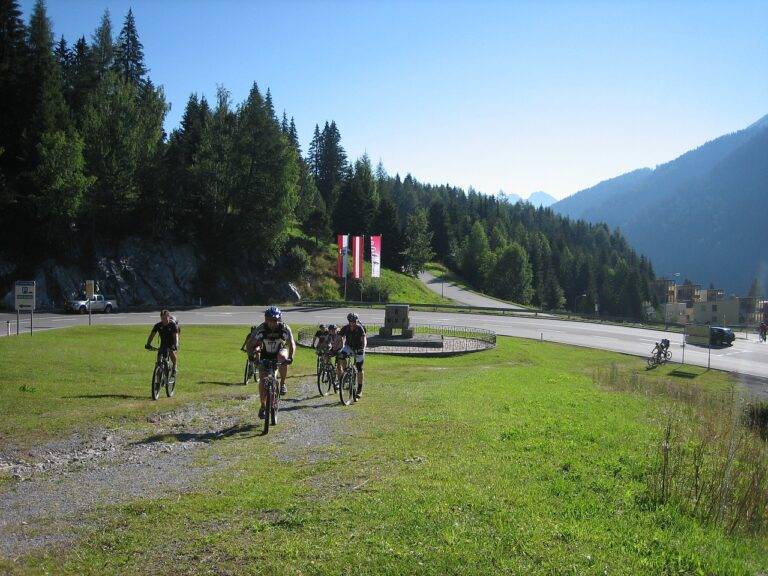Designing Hotels for Sustainable Energy Consumption: 11xplay reddy login registration, Laser book 247, Skylive casino
11xplay reddy login registration, laser book 247, skylive casino: Designing Hotels for Sustainable Energy Consumption
Hotels are notorious energy guzzlers, with their round-the-clock operations requiring vast amounts of electricity and resources. However, with the increasing focus on sustainability and environmental responsibility, hotel owners and designers are looking for ways to reduce energy consumption and minimize their carbon footprint. Designing hotels for sustainable energy consumption is not only beneficial for the environment but can also lead to cost savings in the long run.
1. Efficient Lighting Systems
One of the simplest ways to reduce energy consumption in hotels is by using energy-efficient lighting systems. LED lights, for example, use significantly less energy than traditional incandescent bulbs and have a longer lifespan, leading to reduced maintenance costs.
2. Natural Light and Ventilation
Maximizing natural light and ventilation can also help reduce the need for artificial lighting and air conditioning. Designing hotels with large windows, skylights, and atriums can not only lower energy consumption but also create a more pleasant and inviting environment for guests.
3. Energy-Efficient Appliances
Choosing energy-efficient appliances for hotel rooms, such as refrigerators, air conditioners, and TVs, can help cut down on electricity usage. Look for appliances with high Energy Star ratings to ensure maximum energy efficiency.
4. Smart HVAC Systems
Heating, ventilation, and air conditioning (HVAC) systems are major energy consumers in hotels. Implementing smart HVAC systems that can adjust temperatures based on occupancy levels and outside weather conditions can help optimize energy usage and reduce costs.
5. Renewable Energy Sources
Incorporating renewable energy sources like solar panels, wind turbines, or geothermal systems into hotel design can help offset energy consumption and reduce reliance on fossil fuels. Investing in renewable energy can also lead to long-term cost savings and attract eco-conscious guests.
6. Water Conservation
While not directly related to energy consumption, water conservation is another important aspect of sustainable hotel design. Implementing low-flow fixtures, rainwater harvesting systems, and greywater recycling can help reduce water usage and minimize the environmental impact of hotel operations.
FAQs
Q: How can hotel owners measure their energy consumption?
A: Hotel owners can track their energy consumption by installing energy monitoring systems that provide real-time data on electricity usage. This information can help identify areas where energy-saving measures can be implemented.
Q: Are there any government incentives for implementing sustainable energy solutions in hotels?
A: Many governments offer incentives, such as tax credits or rebates, for hotels that invest in sustainable energy solutions. Hotel owners should research available incentives in their region to take advantage of cost-saving opportunities.
Q: What are some other benefits of designing hotels for sustainable energy consumption?
A: In addition to reducing energy costs and environmental impact, sustainable hotels can attract eco-conscious guests who prioritize sustainability in their travel choices. This can lead to increased bookings and positive brand reputation.
In conclusion, designing hotels for sustainable energy consumption is not only a wise business decision but also a crucial step towards a greener and more sustainable future. By implementing energy-saving measures, utilizing renewable energy sources, and promoting water conservation, hotels can reduce their environmental footprint while providing a superior guest experience.







